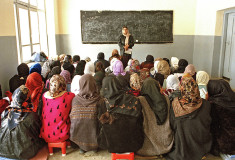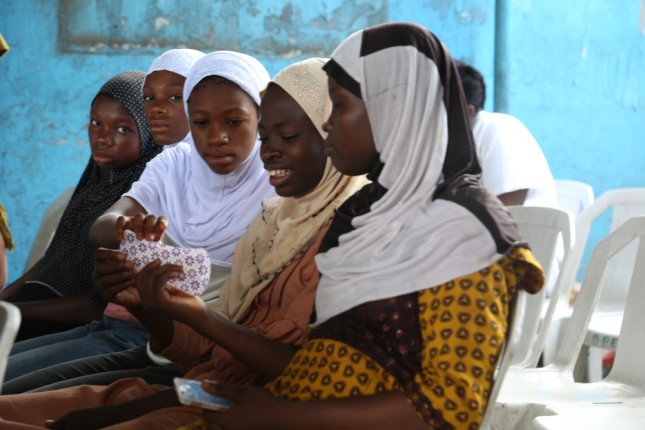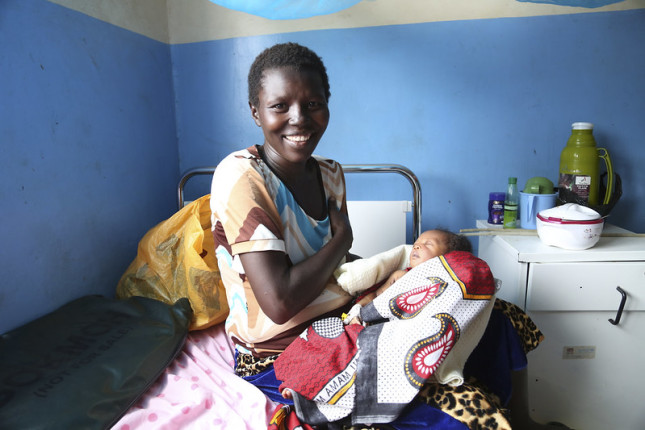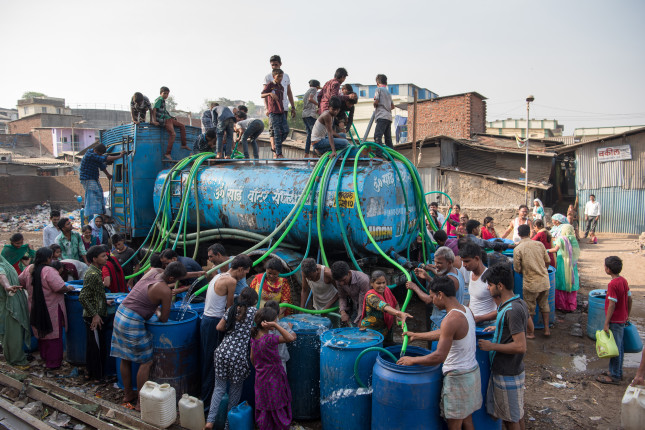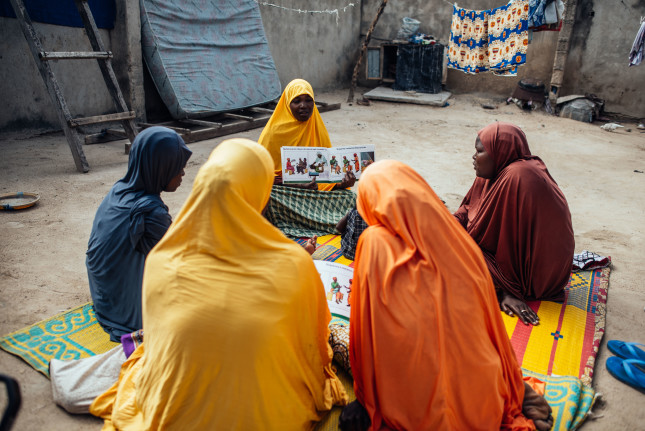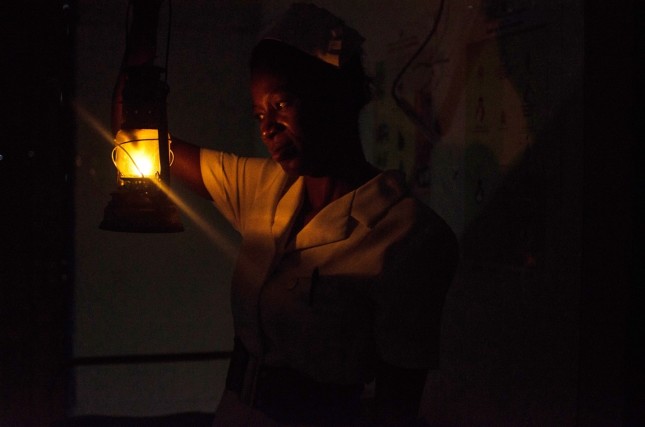-
High Temperatures Threaten Maternal and Newborn Health–Climate Change Policy Must Adjust
›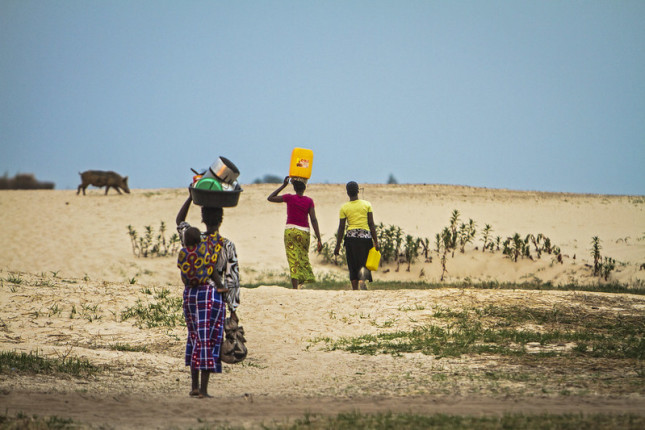
Extreme heat can be deadly, and 2023 is on track to be the hottest year on record. In the United States, heatwaves cause more deaths than any other weather related events. In Europe, close to 62,000 deaths during Summer 2022 were linked to heat related causes. Globally, an estimated 5 million people a year die from extreme temperatures–hot and cold.
-
Connecting the Dots: The Interplay between Education and Sexual and Reproductive Health
›
The importance of quality education for girls cannot be understated. And when global thought leaders, policymakers, gender advocates, and researchers convened in Rwanda in July at the Women Deliver 2023 Conference, it was a chance to discuss a topic increasingly at the forefront of global conversation: How can quality education advance gender equality and empowerment worldwide?
-
New Global Health & Gender Policy Brief: Menstrual Health and Management
›
Of the 1.8 billion people who menstruate each month, 500 million are unable to adequately manage menstruation, leading to health, economic, and safety concerns. Menstruation remains a taboo topic that is often overlooked within health sectors. But recent attention from global health, international development, women’s empowerment, and humanitarian organizations has increased awareness for the impact of menstruation on women’s participation in societies and economies.
-
Finding the Power to Prevent Maternal Deaths: Women Deliver 2023
›
The 2023 Women Deliver Conference in Kigali, Rwanda offered participants an opportunity to think deeply about gender equality, and the urgency of this moment in making progress was evident – even at a pre-conference event hosted by the United Nations Population Fund (UNFPA): Scaling Up Actions to End Preventable Maternal Deaths: Linkages with Family Planning, Bodily Autonomy and the Health Workforce.
-
Tanker Water Markets: A Path to Achieving SDG 6
›
Nearly two-thirds of the world’s population experiences some level of water scarcity—and an estimated one billion urban residents face unreliable drinking water supplies. This global water crisis not only has been recognized by the United Nations, but also prioritized for action as Sustainable Development Goal (SDG) 6: “Access to Water and Sanitation for All”.
-
Strengthening Community Health Systems to Improve MNH Outcomes at the Last Mile
›
Advances in reducing maternal mortality were seen all over the world in recent decades. Unfortunately, that progress now has stagnated, and immediate and decisive action is necessary to change the current trajectory.
-
ECSP Weekly Watch | July 17 – 21
›
A window into what we are reading at the Wilson Center’s Environmental Change and Security Program
Extreme Heat’s Toll on Pregnancy and Reproductive Health
Preliminary data collected by the World Meteorological Organization (WMO) shows that the first week of July 2023 was the hottest week on record. Recent global heatwaves also prompted a public health alert from the WMO concerning rising health risks.
-
Solar Suitcases for Safe Delivery
›
Imagine trying to perform a C-section, or conduct a delivery, in a hospital with no light.
For hundreds of thousands of health workers, this is the reality they face each night. Close to 300,000 women and one million newborns (primarily in sub-Saharan Africa and Southeast Asia) die from complications of pregnancy and childbirth each year. Hemorrhage, infection, eclampsia, obstructed labor, and unsafe abortion cause the majority of obstetric deaths— many of which could be prevented with access to timely emergency obstetric care.
Showing posts from category global health.


